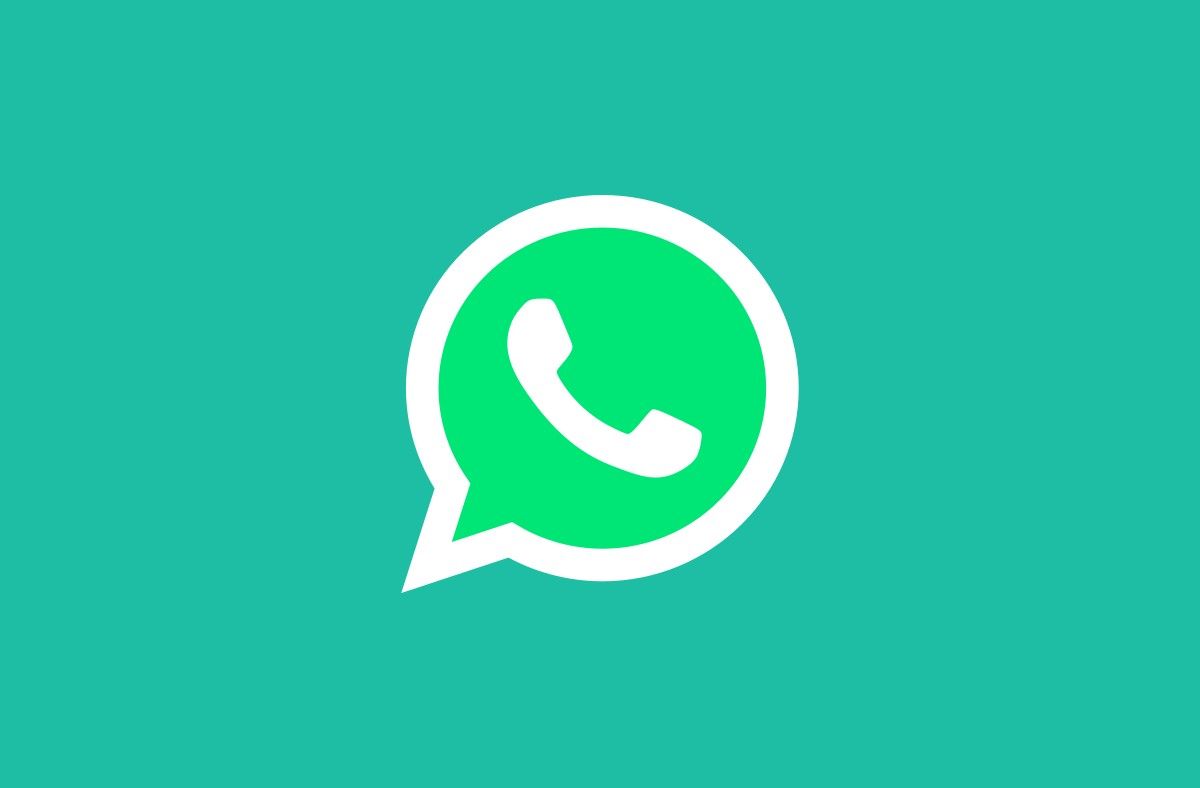It's almost needless to say it at this point, but more than ten years after its launch, WhatsApp remains the most popular IP-based messaging app in the world. The app is particularly popular in India, its largest user market, where it had 400 million users as of July 2019. In Europe, West and South Asia, South America, and Africa, WhatsApp remains the most popular messaging app. In fact, it's only in China, Japan, and North America that WhatsApp is not well-known. WeChat and LINE are the most popular messaging apps in China and Japan respectively, while the US is dominated by iMessage for iPhone users and plain old SMS for Android users. In 2017, WhatsApp had reached the one billion worldwide users milestone. Now, the company has announced that it supports more than two billion users around the world.
This is another staggering milestone for a single messaging app, as WhatsApp now has only about 500 million less users than its parent company, Facebook. It is something that was unimaginable ten years ago. WhatsApp says it's "humbled and honored to reach this milestone." On the positive side, the company notes that "the more [it] connects, the more [it has] to protect." Protecting users' conversations is more important than ever, and that's why WhatsApp secures every private message sent using it with end-to-end encryption. The company added end-to-end encryption to WhatsApp through the Signal Protocol back in April 2016. It explains that strong encryption is an unbreakable digital lock that keeps users' information sent through WhatsApp secure, keeping it safe from hackers and criminals. The key feature of E2E encryption is that messages are only kept on the user's device, and no one in between can read their messages or listen to their calls, not even WhatsApp as it doesn't have the keys. However, it should be noted that targeted attacks using non-state actors and law enforcement agencies have taken place on WhatsApp due to exploitation of the service's vulnerabilities.
WhatsApp states that it will not compromise on security because that would make people less safe. It also works with top security experts, employing industry leading technology to stop misuse as well as provide controls and ways to report issues without sacrificing privacy for even more protection. This statement is welcome to see considering many reports that WhatsApp's E2E encryption is in the cross-hairs of intelligence agencies as well as the federal US government.
Finally, WhatsApp notes that it remains committed to help connect the world privately and protect the personal communication of two billion users around the world. Its enormous user base gives it immense influence. Its digital payments solution, WhatsApp Pay, has finally been cleared for approval in India, and it's expected to gain a large segment of the Indian digital payments market. Throughout the world, WhatsApp is where messages get sent, but the US is left out. Google has now rolled out RCS/Chat to Android Messages users in the US, but without E2E encryption, RCS will remain a shadow of other IP-based messaging apps. Another important factor is the fact that unless Apple adopts RCS, the US messaging market will continue to remain fragmented as RCS and iMessages are incompatible.
Source: WhatsApp

